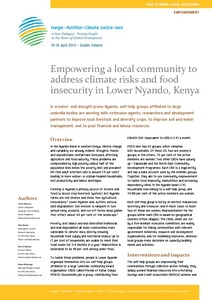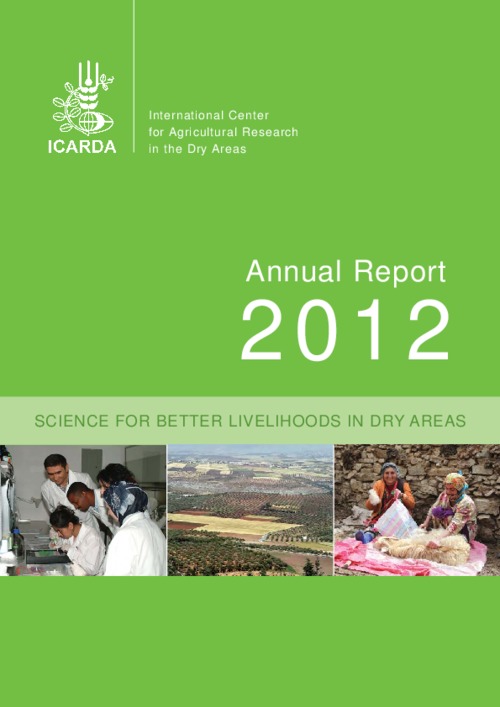Markets for the many rather than the few
A development policy opting exclusively for value chain development and the integration of producers in modern markets overlooks the reality for the majority of smallholders, our author maintains. Policy should pay greater attention to addressing the area most small-scale producers are active in: the informal sector.






